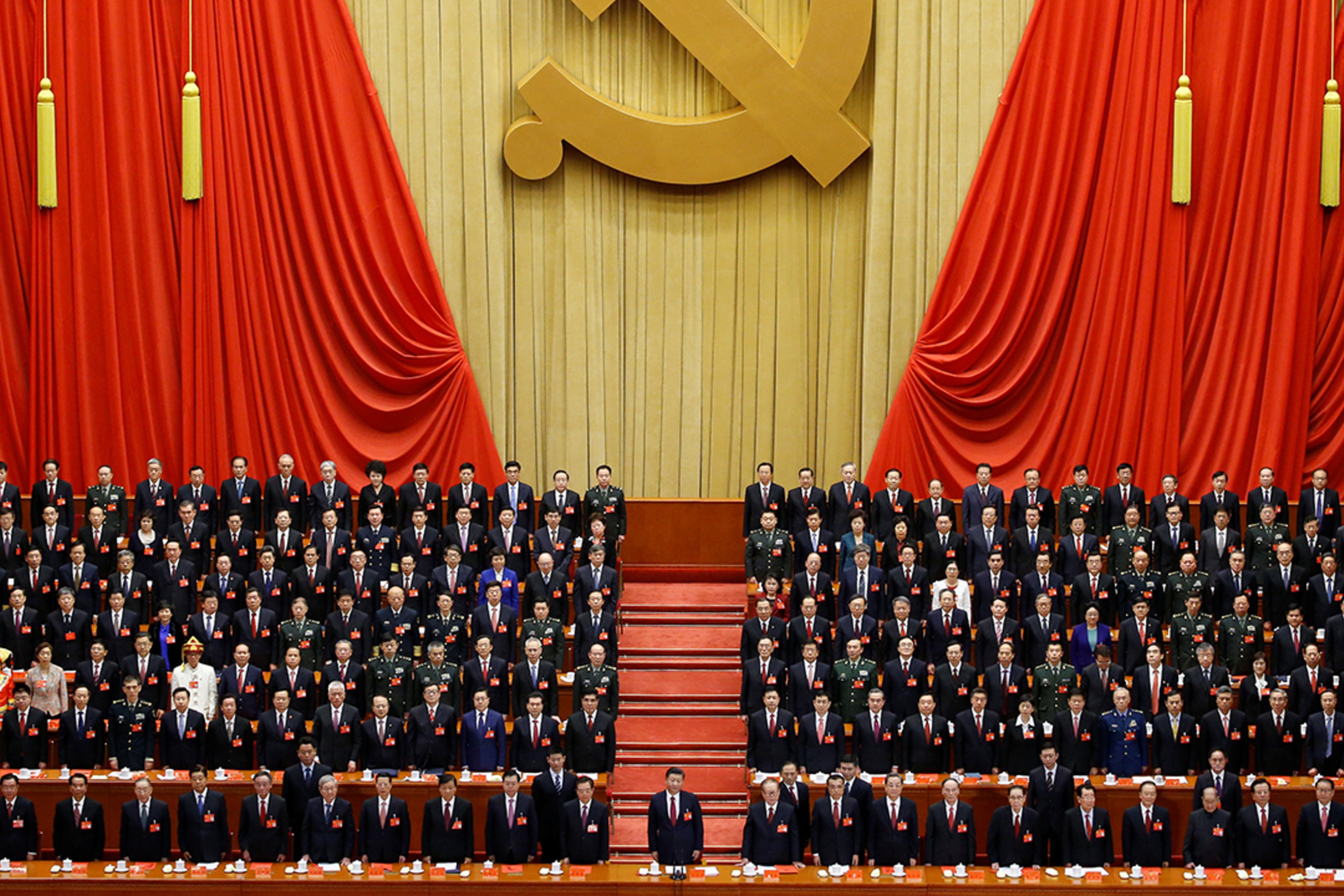The USANAS Foundation, a Udaipur-based geopolitical and security affairs think-tank, on Wednesday organised a webinar on “Chinese Communist Party’s Influence and Espionage Operations”. The speakers were Teng Biao, a Grove Human Rights Scholar from the City University of New York and President of China Against the Death Penalty; Cleo Paskal, an Associate Fellow at Chatham House, Non-resident Senior Fellow at the Foundation for Defence of Democracies, International board of advisors at the Kalinga Institute of Indo-Pacific Studies; Aadil Brar, a freelance journalist at the National Geographic Young Explorer and Dipanjay Roy Chaudhury, diplomatic editor at the Economic Times Foreign and Strategic Affairs. Teng Biao spoke about the Chinese Communist Party’s (CCP) threat to global freedom and democracy, including denial of free speech, meddling in elections and influencing operations. The objective is to make the world safe for CCP. CCP uses institutions like United Front Work, Confucius Institutions (operated by the Ministry of Education), CSSA, Chamber of Commerce, Townsmen Association, Alumni Association, Xinhua News Agency. These organizations are totally controlled by the Chinese embassy or the CCP. China has eliminated all the independent Chinese Language media outlets that once served the communities in the US, through a mix of co-option and aggressive expansion of its own competitors.
Cleo Paskal said that the CCP’s activities are aimed at advancing the CCP’s comprehensive national power. CCP ranks countries based on relative comprehensive national power. The elements of those comprehensive national power, could vary but are very specific. It includes things like economic resources, human capital, natural resources, access to water, control over rare earths, capital resources (FDI), knowledge in technology resources, government resources, military resources, international resources etc.
Aadil Brar spoke about the state media and their role in the Chinese system. There is no corresponding word for “propaganda” in Chinese. “The closest word that we can find is ‘publicity’. State media outlets use journalism in the process of disseminating information. There is a specific hierarchy in the state media outlets. CCP always controls these media outlets. President Xi Jinping has internationalized state media outlets to change the world view of China. China has more than 200,000 journalists and more than half of them work for the official broadcasters. These journalists play an important role in intelligence collection and elections. Most of their reports will not end up broadcasted and will be used for intelligence collection.
Experts say that these reports and analysis are written in such a way that party officials can read it and there is a difference between what has been collected and what has been released.
In 2015, according to some estimates, CCP had an annual budget of $400m for propaganda. We do not know the exact budget spent on propaganda, but based on open source analysis and through what we know, we can say that the budget has increased significantly since 2015,” Brar said.

